Christian Voigt - Complex Semisimple Quantum Groups and Representation Theory
Here you can read online Christian Voigt - Complex Semisimple Quantum Groups and Representation Theory full text of the book (entire story) in english for free. Download pdf and epub, get meaning, cover and reviews about this ebook. year: 2020, publisher: Springer, genre: Home and family. Description of the work, (preface) as well as reviews are available. Best literature library LitArk.com created for fans of good reading and offers a wide selection of genres:
Romance novel
Science fiction
Adventure
Detective
Science
History
Home and family
Prose
Art
Politics
Computer
Non-fiction
Religion
Business
Children
Humor
Choose a favorite category and find really read worthwhile books. Enjoy immersion in the world of imagination, feel the emotions of the characters or learn something new for yourself, make an fascinating discovery.
- Book:Complex Semisimple Quantum Groups and Representation Theory
- Author:
- Publisher:Springer
- Genre:
- Year:2020
- Rating:4 / 5
- Favourites:Add to favourites
- Your mark:
Complex Semisimple Quantum Groups and Representation Theory: summary, description and annotation
We offer to read an annotation, description, summary or preface (depends on what the author of the book "Complex Semisimple Quantum Groups and Representation Theory" wrote himself). If you haven't found the necessary information about the book — write in the comments, we will try to find it.
This book provides a thorough introduction to the theory of complex semisimple quantum groups, that is, Drinfeld doubles of q-deformations of compact semisimple Lie groups. The presentation is comprehensive, beginning with background information on Hopf algebras, and ending with the classification of admissible representations of the q-deformation of a complex semisimple Lie group.
The main components are:
- a thorough introduction to quantized universal enveloping algebras over general base fields and generic deformation parameters, including finite dimensional representation theory, the Poincar-Birkhoff-Witt Theorem, the locally finite part, and the Harish-Chandra homomorphism,
- the analytic theory of quantized complex semisimple Lie groups in terms of quantized algebras of functions and their duals,
- algebraic representation theory in terms of category O, and
- analytic representation theory of quantized complex semisimple groups.
Given its scope, the book will be a valuable resource for both graduate students and researchers in the area of quantum groups.
Christian Voigt: author's other books
Who wrote Complex Semisimple Quantum Groups and Representation Theory? Find out the surname, the name of the author of the book and a list of all author's works by series.

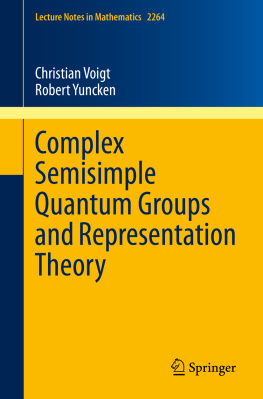
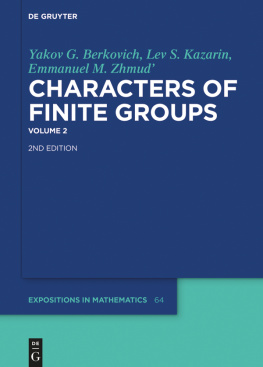

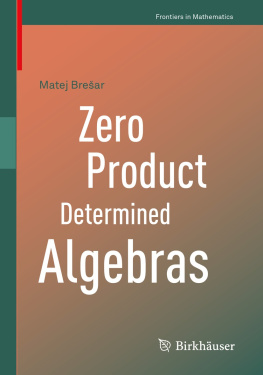
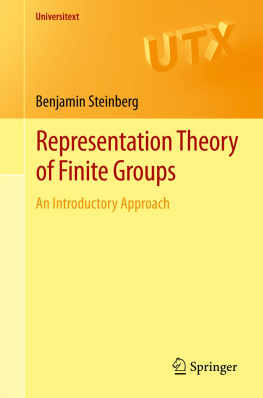
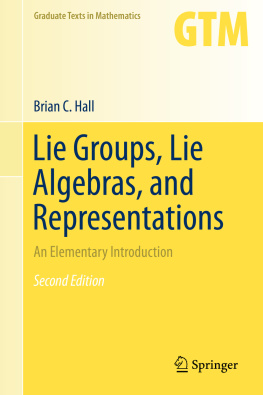
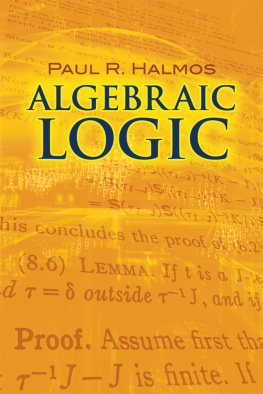
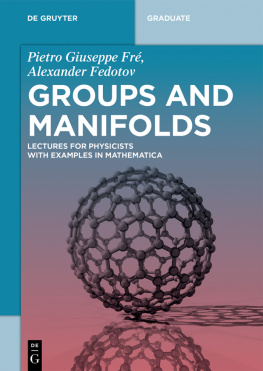
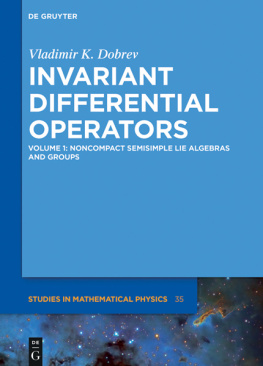
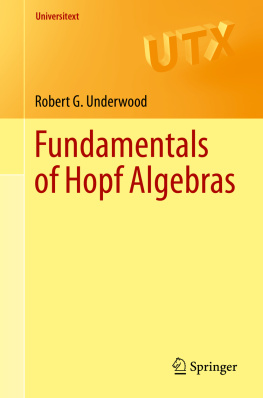
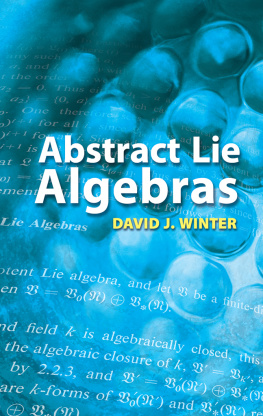
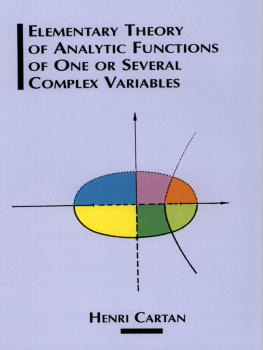
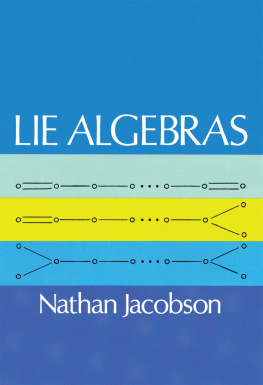
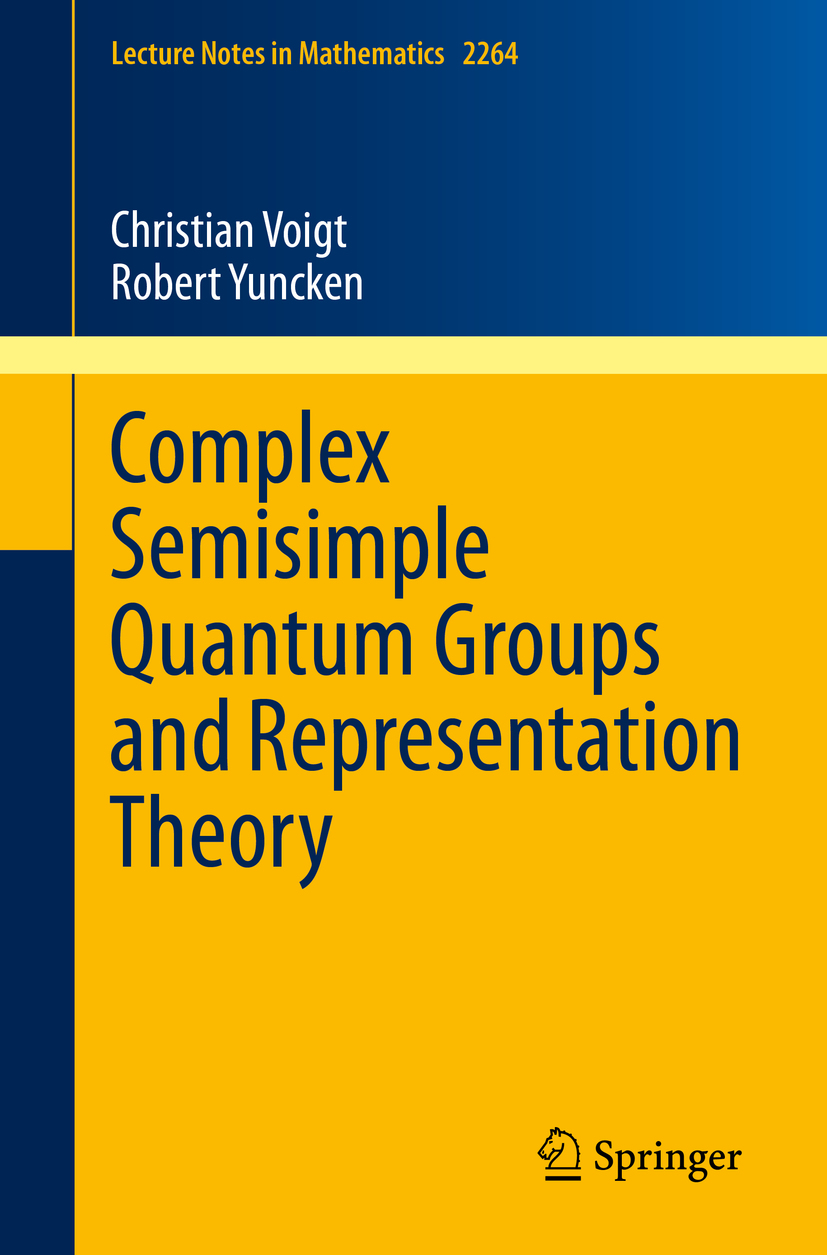

 , is key to understanding the structure of these Drinfeld doubles. More precisely, one can transport techniques from the representation theory of classical complex semisimple groups to the quantum situation, and it turns out that the main structural results carry over, albeit with sometimes quite different proofs.
, is key to understanding the structure of these Drinfeld doubles. More precisely, one can transport techniques from the representation theory of classical complex semisimple groups to the quantum situation, and it turns out that the main structural results carry over, albeit with sometimes quite different proofs.